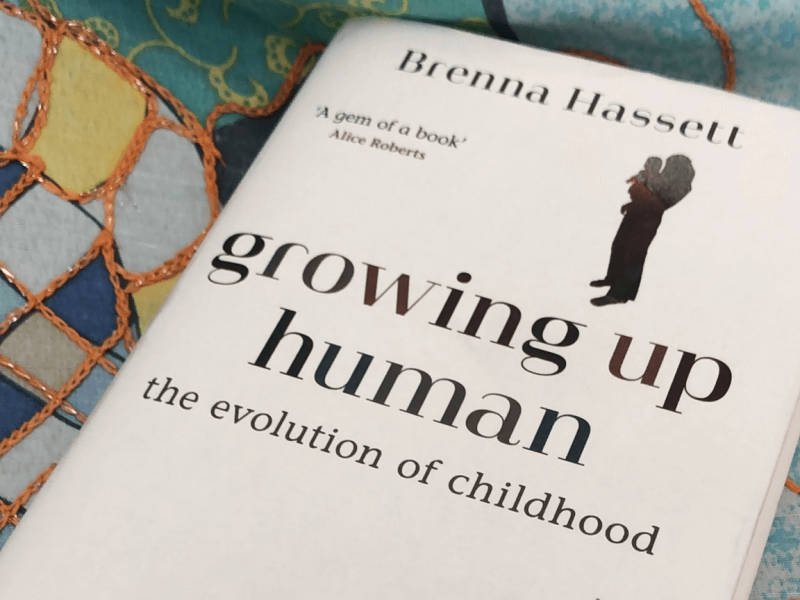Despite all the advice books written for parents about infancy and childhood, there have been surprisingly few treatments of childhood from an evolutionary perspective. It’s a gap that “Growing Up Human” admirably fills, emphasizing aspects of childhood that are so obvious that they are rarely examined.
Human childhood is a conundrum because we take so much longer than other species to grow up. Our slow walk to adulthood imposes real costs: It requires a lot of parental resources, notably time and effort, and over-burdened parents are hard-pressed to reproduce again, which, after all, is the ultimate arbiter of evolutionary success. Moreover, without such investment, our prolonged childhood means a prolonged period of vulnerability. This increases the risk that offspring might die before themselves reproducing. So, there darned well better be some payoffs to our extended childhood.
Sure enough, there are. Highest on the list is social learning. As [author Brenna] Hassett emphasizes, learning to live in the world means learning to live with other creatures, and she surveys how various animals do so. Our species, though endowed with some instinctive inclinations for getting along with others, requires an immense amount of social education.
…
Ms. Hassett offers a tour of mating, pregnancy, birth, lactation, weaning, toilet training and physical growth—especially bones and teeth. She explores the various stages of toddlerhood, early childhood and adolescence.































